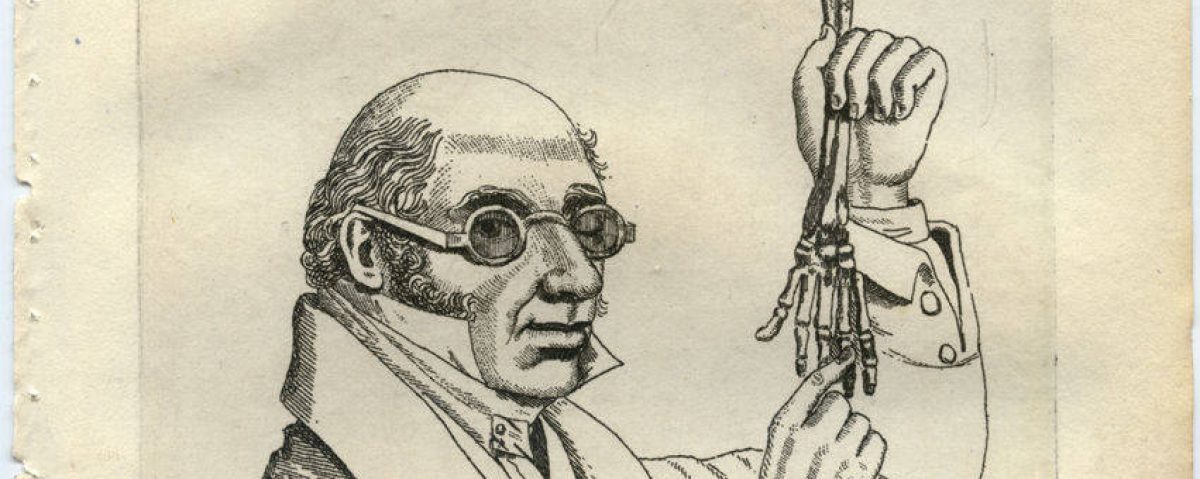Freire advocates for learning practices that are based on student initiative and action. At West Chester University, students can greatly benefit from a Psychology course however not through its current learning style. At WCU, the Psychology 100 syllabus states that one of the main goals of the course is for students to “apply their knowledge of psychological concepts, theory, and research to real world settings.” This clearly shows that the goal of the course is not content, the goal of the course is real life application. The issue is that the course is not currently allowing this to be accomplished. Psychology is being taught in a passive way where the professor is reading from powerpoint slides without any application of the information to reality. Students have access to the powerpoints, therefore they are not even attending class, making Psychology not a course that students are benefitting from. Students are unable to utilize the benefits of Psychology in real life through this current learning style. Psychology teaches about the human mind and behavior, therefore it could help students better understand behavior and help them interact with their peers more effectively. Students would benefit from a flipped classroom style where they can do independent reading so that the Psychology courses class time can be used to apply what they read to reality by collaborating with other students, asking teachers for clarification, and participating in activities that demonstrate how the brain works with behavior.
Psychology is currently a course that is demonstrating Freire’s “banking” concept of education. The “banking” concept of education refers to education that only “allows the students to extend as far as receiving, filing, and storing the deposits… it is the people themselves who are being filed away through the lack of creativity, transformation, and knowledge in this (at best) misguided system (page 1).” A flipped classroom learning style would help to resolve this issue. Students can comprehend the textbook information on their own time and use class time to apply the material to reality. They can apply the information to reality in class by presenting students with problematic scenarios and have them collaborate in groups to see how they would solve the problem. This exercise would help students observe how others would react and see different perspectives. This is an essential component of psychology because psychology can be very helpful to develop strategies for personal growth and success. By talking through how we would solve an issue, we will become more aware of our own thoughts and therefore be better equipped to develop habits and strategies for success.
In Psychology we learn about different variables in the environment that affect how we behave, so therefore changing the environment of the group activities could also be beneficial. For example, activities could be done in a crowded loud environment, a quiet room alone, a group with strangers, and one with people you are familiar with. A Psychology course would also benefit from beginning class with a puzzle or a memory game to get the brain stimulated by different exercises, during these activities the teacher could present the students with different distractions to see how variables affect thought processes. Another subject topic that is taught in Psychology is how reinforcement and punishment affects the occurrence of a behavior. This is hard to comprehend from a textbook, but this could easily be displayed in class through presenting students with different reinforcements or punishments to their behavior and see how those components determine how they would act, if they would continue the same behavior or change their behavior. Collaboration with a diverse group of students is essential because it would allow students to see how different cultural backgrounds affect behavior. It is also important to have individual in class activities as well as group activities because the teacher must accommodate to introverts and extroverts so that everyone can benefit from the class time.
Freire also states that “Authentic thinking, thinking that is concerned about reality, does not take place in ivory tower isolation, but only in communication. If it is true that thought has meaning only when generated by action upon the world, the subordination of students to teachers becomes impossible (page 3).” Authentic thinking cannot be concerned about reality in the current learning styles of Psychology if students are just expected to listen to fifty minute lectures. In order to accomplish authentic learning students need to be able to utilize class time for collaboration and application of the information they are expected to understand.
